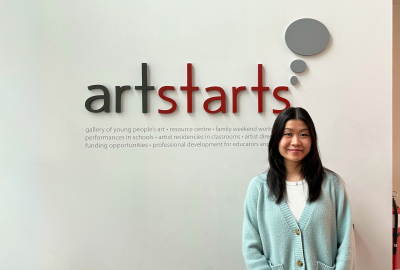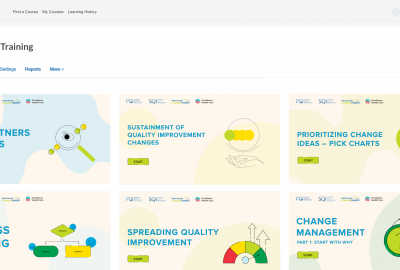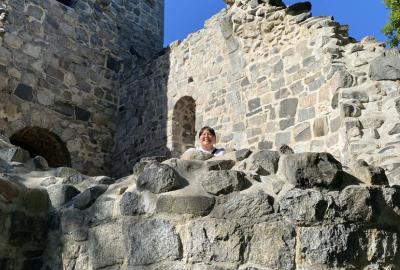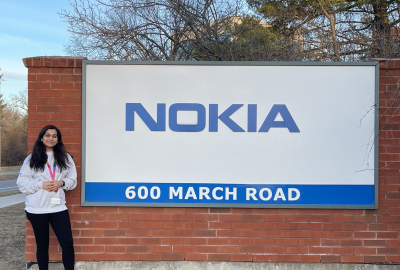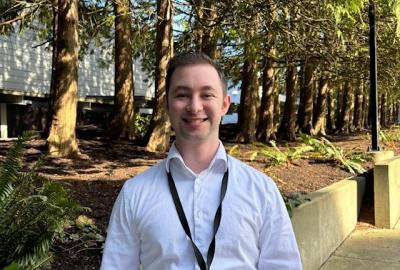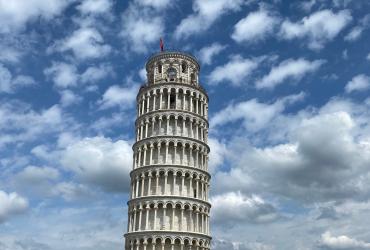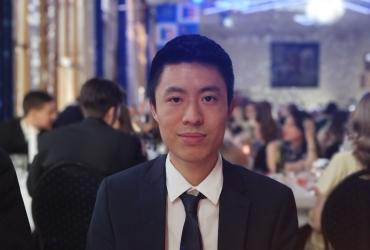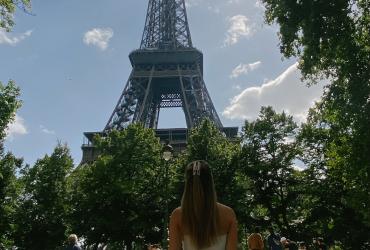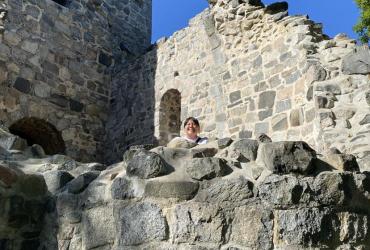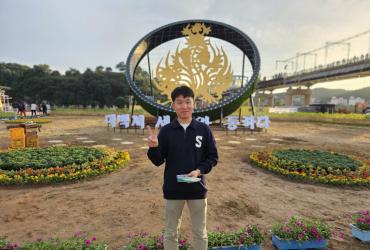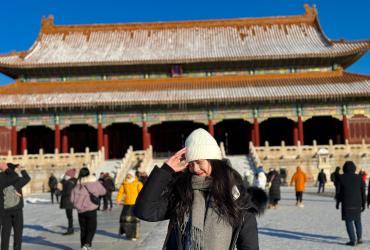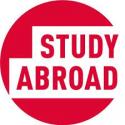Orientation and First Weeks
There was no formal orientation week that was organized by the host university, but they provided tours of campus and city tour events that you could sign up for. You could also sign up and arrive before the semester to participate in the Italian Crash Course class which I did to learn Italian and meet other students.
The best way to get oriented was to join Erasmus in the first few weeks which had events every day. Additionally, there were events by a group called International Week which had offers for nights out in Milan throughout the semester. Many of these events were found from the Bocconi student Whatsapp groups which had student representatives posting in them.
Accommodation and Living
I was not able to get an apartment in the student housing “Aparto Giovenale” at Bocconi. They are supposed to be building a new building for international students so you might have better luck. In my apartment search, I took my time as I busy trying to acquire a visa appointment. I do not recommend this, look as soon as possible or your options are more limited and more expensive. I found a roommate from a Facebook group, and we found an apartment from Spotahome. This was more expensive, but as a third party it felt safer having someone preview the home, so it is as it seems in pictures. Third party services that peers rented from would be Spotahome.com, Uniplaces.com, or Dovevivo. If you aren't in Milan and have no ability to see houses yourself a common scam will have a landlord, ask for a deposit before you see the unit, this is relevant if you book on websites like immobiliare or idealista.
The cost of living is very comparable to Vancouver. Restaurants and food in grocery stores were similar or a hair cheaper than Vancouver. The Italian cuisine is most prevalent and it’s a bit harder and more expensive to buy other cuisine groceries. I did a lot of travelling which increased my budget significantly but in Milan I tried to cook at home as much as possible. It is good to keep an eye on your budget during your time in Milan as it adds up quickly. I travelled outside Milan almost every single weekend, but I would recommend taking it a bit slower so that it is a more relaxing (also cheaper) experience, travelling can get quite tiring when you are keeping up with all your classes.
My rent was the most expensive cost at around 1.3k euros a month – contract fees, utilities and such added up and as I said, I found my apartment quite late. Additionally, during my time in Europe, the euro to cad increased by over 10% from the beginning to the end of my exchange.
Day to Day
My accommodation was located 25 minutes away from campus but in a good neighbourhood. I quite enjoyed living on my own as my kitchen and bathroom was only shared with one individual, but it does require a more active effort to make friends compared to when you live on student residence.
Learning and Adaptation
The courses at Bocconi are well taught with Italian and international professors. Often, they will have some Italian influences in the courses which I found interesting. The courses are graded out of 30. Each class structure is different so make sure you read everything about the course when you choose it. The quantitative courses can be challenging but otherwise the difficulty is not much harder than at SFU.
Bocconi grounds are quite small being a city campus. During the term, timings and class locations may shift so you must check your Bocconi schedule weekly. Additionally, during course registration you can add multiple courses that are scheduled at the same time. In this case you would likely be considered a non-attending student for at least one of them.
Accomplishments and Challenges
I took two courses as non-attending and two as an attending student. It is said that you will need a strict 75% attendance to be considered as an attending student, but it depends on the professor. In general professors ensured that you completed assignments, projects, and midterms if you take the attending student route. Depending on the course structure professors may or may not enforce the 75% attendance so if you did the assignments or took the midterm you would be considered attending. Otherwise, you will take the 100% final as a non-attending student. You do not have to choose this outright and can adjust this later in the term. For example, if you didn’t do well on the midterm you can choose to take the 100% final. You must register for all midterms and finals on the school system separately.
Additionally, in the fall semester they allow all exchange students to take exams in an earlier period so that you can return home for the holidays (December 23rd). You are open to registering for exams in the regular exam period which is in early January if you prefer. Friends that resided in Europe ended up coming back to Milan after the holidays to do this giving them more time to study for exams. Courses were contingent on you passing your exam by 18/30. If you were to fail this final exam you can register and retake a later exam in early January or the re-sit in late January. I didn’t fail any exams for reference, but I found this system interesting.
Cultural and Environmental Observations
Milan was a wonderfully central city to Italy as well as the rest of Europe. It was very simple to take day trips to spots in Italy such as Lake Como, Venice, Verona, Parma, Portofino and or even nearby Switzerland. Some of these are only 1-2 hours away which is quite literally the travel time from my home to SFU. Train travel around Italy when on time was fantastic being able to reach cities like Rome, Cinque Terre, and Florence. If you wanted you could go up the entire coast of Italy with trains alone, however there were many delays, strikes or inconveniences but that just became part of the journey. This was not subject to trains in Italy alone – this also occurred with flights on budget airlines or trains in other countries.
Social and Extracurricular Activities
I utilized Trainline for singular tickets and ended up getting an Eurail pass – this allows you to travel on any trains on the EU (including Switzerland) for a flat fee for a specified amount of trips (and time frame). There are many options for which type of pass you can purchase, one country passes, specified versus unlimited trips, and the time frame to use them. I found the system very confusing to understand until I started using it but depending on your destination you can save a lot on train costs this way.
Additionally, I rented cars in Italy on a few trips. Renting a car is significantly cheaper than in North America but be aware that automatic transmission is not as readily available. Italian roads can be difficult to navigate being very narrow, so be strategic in which destinations you drive in. The driving style in Italy is also very fast and chaotic so again be careful if you drive.

